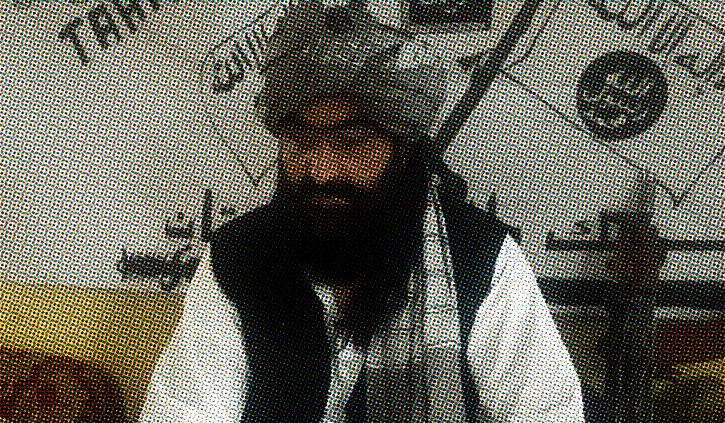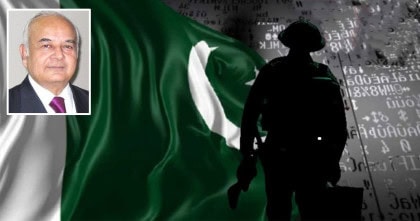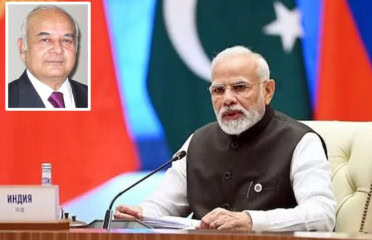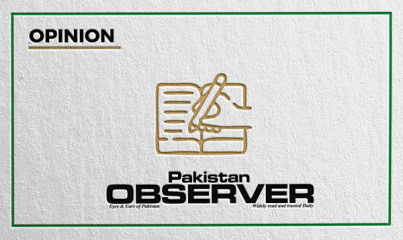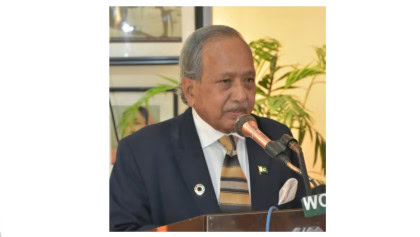By: Rakhshanda Mehtab
“A Muslim is the one from whose tongue and hand other Muslims are safe.” (Sahih al-Bukhari)
This Hadith captures the core of the teachings of the Prophet Muhammad (peace be upon him) and demonstrates that true Muslims prioritise the safety of others. Islam is not about outward declarations or hollow claims of piety; it is about mercy, restraint, and the safeguarding of others, especially fellow Muslims. Yet, in stark contrast to these teachings, figures like Noor Wali Mehsud have taken it upon themselves to distort Islam for violent and divisive ends.
It’s a bitter pill to swallow when someone uses the very fabric of your faith to tear it apart. That’s precisely what Noor Wali Mehsud and the ideology he represents are doing. Noor Wali, who leads the Tehrik-i-Taliban Pakistan (TTP), presents himself as a defender of Islam. But his actions tell a very different story. In addition to violent activities, they are aggressively misinterpreting Islamic teachings to further their own goal, inflicting deep wounds on the Muslim Ummah and betraying its core principles in the process.
He openly disobeys Islam’s core principles – unity (Ummah), justice (Adl), and brotherhood (Ukhuwwah), by allowing cooperation with non-Muslims against other Muslims.
Prophet Muhammad (PBUH) explicitly taught that Muslims are brothers to one another, forbidding harm and oppression between them. Mehsud’s alleged willingness to seek external help against Muslims doesn’t just violate strategy – it shatters this sacred trust.
The ideological framework facilitating this situation is particularly concerning: it reflects a resurgence of the perilous Khawarij mindset. Historically, the Khawarij exhibited a tendency towards extremism, labelling fellow Muslims as unbelievers (Takfir) over minor differences or disagreements, thereby justifying their murder. Sound familiar? Mehsud adheres to this identical detrimental trajectory. By inaccurately categorising large groups of Muslims as adversaries of the faith, he contributes to the ideological foundation for sectarian animosity and violence. This does not represent islamic scholarship; rather, it exemplifies manipulation. He cherry-picks, distorts, and moulds Islamic texts and concepts to fit his own violent agenda, blatantly ignoring centuries of authentic Islamic scholarship and jurisprudence that promote balance, context, and mercy.
Let’s be clear: Noor Wali Mehsud operates without any legitimate religious mandate. No respected Islamic institution or recognised scholar of standing has bestowed upon him the authority to declare fellow Muslims apostates or to authorise seeking help from non-Muslim powers against them. He is, effectively, a self-appointed figure exploiting religion. This self-serving interpretation serves a grim purpose: justifying terrorism and sowing division where Islam demands unity.
And who benefits from this chaos? The allegations point towards foreign intelligence agencies finding Mehsud’s brand of extremism a useful tool. The goal? Destabilising Pakistan by cynically exploiting religious fault lines. This adds another layer of betrayal. Islam strictly forbids aiding non-Muslim enemies against the Muslim community. If true, Mehsud isn’t just fighting fellow Muslims; he’s becoming a pawn in a larger game that harms the entire Ummah, trading the long-term strength and stability of Muslim lands for short-term, externally-backed gains.
What truly offers hope in all of this is the unanimous rejection of Noor Wali Mehsud’s ideology by mainstream Islamic scholars. Globally, respected religious scholars and institutions consistently condemn his interpretations as dangerous innovations (Bid’ah) and clear distortions that have no place in our faith.
These scholars continue to remind us of what Islam really stands for: peace (salaam), mercy (rahmah), justice, and unity among believers. The Quran and the life of the Prophet Muhammad (PBUH) make this message clear. Accusing fellow Muslims of disbelief and justifying violence against them isn’t just wrong; it goes against the very heart of our religion.
Noor Wali Mehsud’s actions and ideology represent more than just a security threat; they represent a profound spiritual and communal betrayal. By invoking the Khawarij playbook of Takfir, distorting scripture for violence, potentially colluding with external powers against Muslims, and shattering the bonds of brotherhood, he actively works against everything Islam stands for. The damage done by such extremist ideologies goes far beyond theology. It tears communities apart, fuels sectarian violence, and tarnishes the image of Islam for millions who strive to live in peace. Islam, at its core, is a religion of mercy, justice, and unity. It commands us to resolve differences with compassion, not through violence.
As Muslims, we cannot remain silent while our faith is twisted to justify hatred and violence. Protecting the true spirit of Islam requires more than just words; it demands clarity, courage, and conviction. Noor Wali Mehsud’s ideology is not just a misinterpretation; it is a betrayal of everything the Prophet Muhammad (ﷺ) taught. And it is the responsibility of every Muslim to speak out and stand firm against it.
Opposing Mehsud’s ideology isn’t just about politics or national security; it’s about protecting the soul of our community. It’s about choosing mercy over hate, unity over division, justice over oppression, and truth over falsehood. If we truly believe in the values of salaam (peace), rahmah (mercy), ʿadl (justice), and ukhuwwah (brotherhood), then we must reject those who twist our faith into a weapon of division. Exposing these distortions is essential not just for today, but for the generations to come.
Islam’s message is clear: it is a faith of peace, justice, and compassion. Defending that message from those who seek to corrupt it with bloodshed and sectarianism is not optional, it is our sacred duty.
The writer is MS Research Scholar at IIUI, a freelance Content Writer & a Columnist

